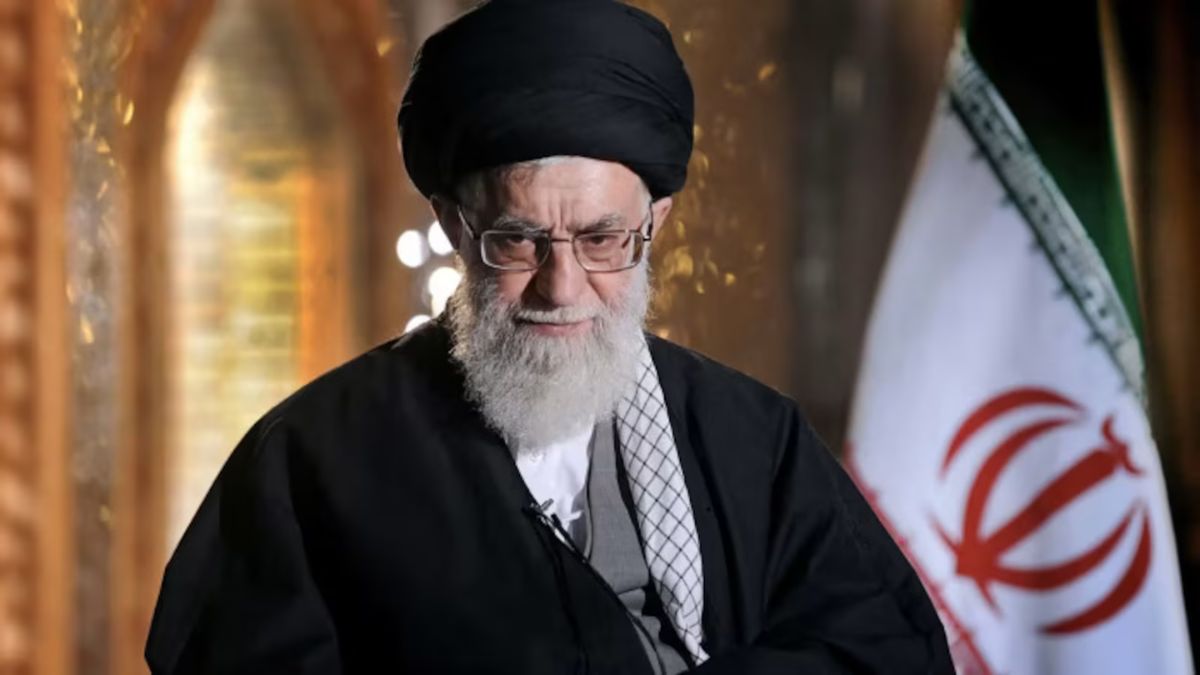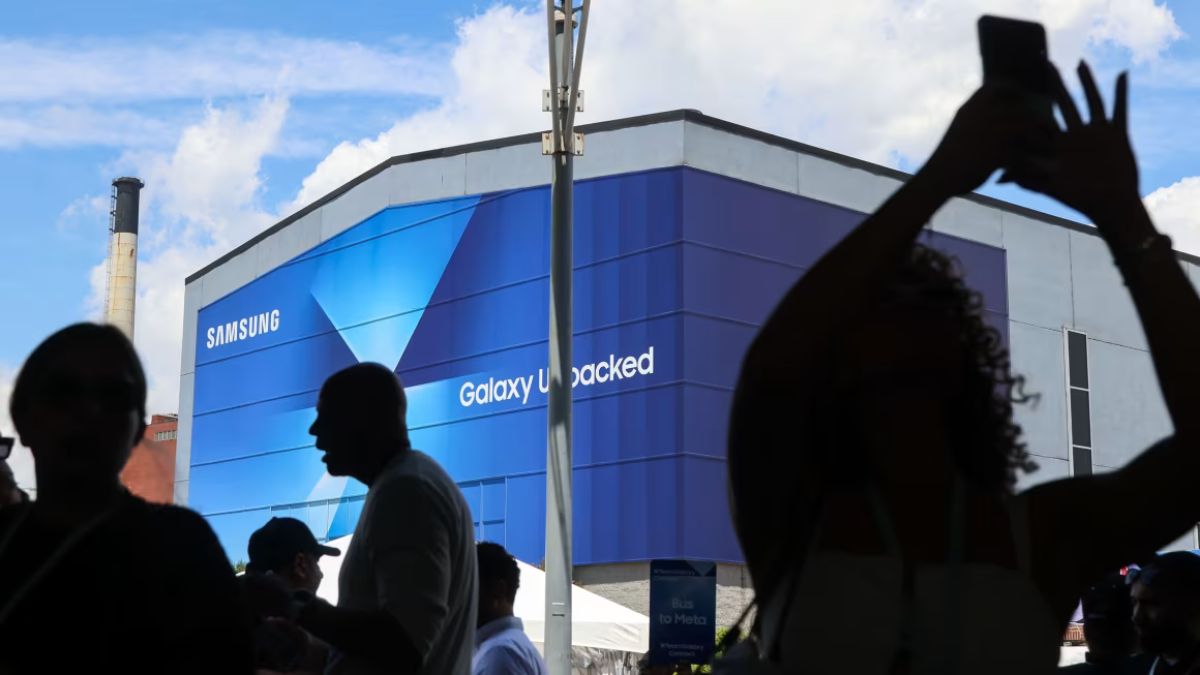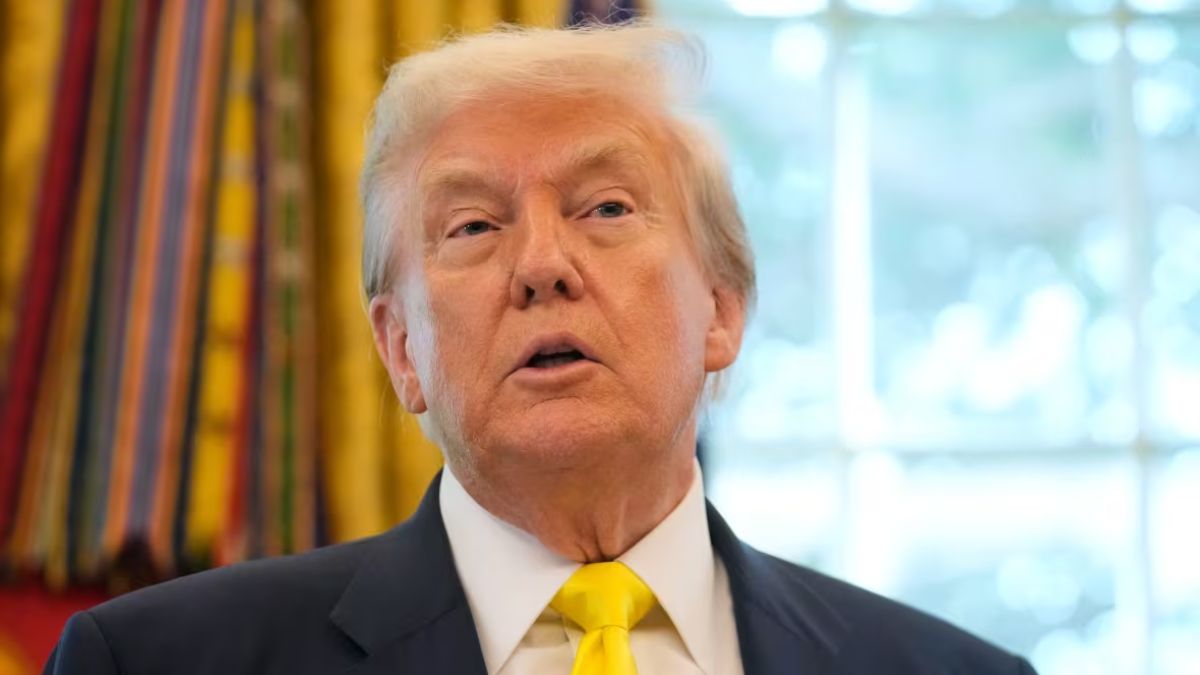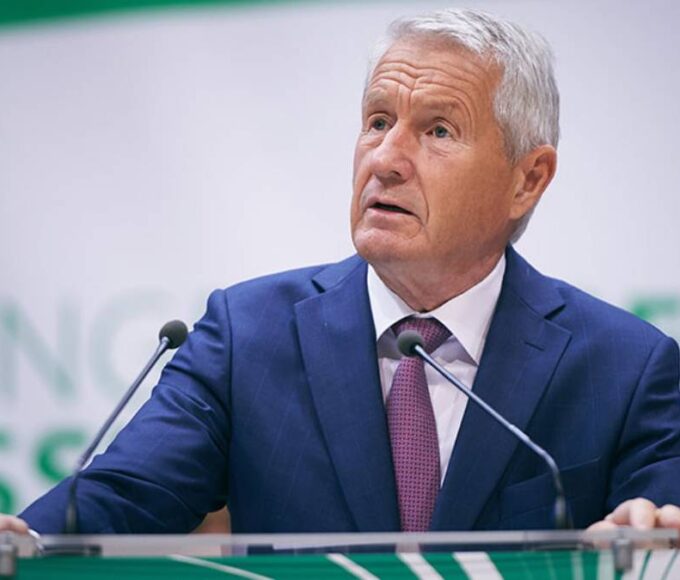Conflicting reports have emerged about the success of the recent US airstrikes on Iran’s nuclear sites, dubbed Operation Midnight Hammer. While President Donald Trump claimed the mission “completely and totally obliterated” Iran’s nuclear program, US intelligence paints a different picture.
According to a classified Defense Intelligence Agency (DIA) report, the attacks caused serious damage to Iran’s nuclear facilities at Fordo, Natanz, and Isfahan, but did not destroy them.
The report suggests Iran could resume its nuclear program within months, as key underground structures, including centrifuge halls, survived the strikes.
Centrifuges Intact, Uranium Possibly Moved
Officials revealed that Iran likely moved enriched uranium and critical equipment before the bombing. Satellite images taken days before the attack showed activity near the Fordo site, possibly indicating preparation for the strike. Experts say Iran’s 60% enriched uranium, enough for several bombs if further refined, may now be hidden or relocated.
Despite deploying 30,000-pound bunker-buster bombs, the fortified underground halls in Fordo remained undamaged, according to the DIA. Only the tunnel entrances were destroyed, not the critical infrastructure inside.
Trump, White House Deny Reports
President Trump rejected the DIA findings, calling them an “attempt to demean one of the most successful military strikes in history.” The White House Press Secretary Karoline Leavitt also dismissed the intel as “flat-out wrong” and praised the precision of the operation.
Vice President JD Vance defended the mission, stating the goal was to prevent Iran from enriching uranium to weapons-grade, which he called a success.
Iran’s Capabilities Still a Concern
Iran insists its nuclear program is peaceful, but before the strike, it held over 400 kg of 60% enriched uranium. The status of Iran’s third enrichment facility in Isfahan remains unclear after joint US-Israeli strikes.
Experts warn Iran may now shift to a covert enrichment program, though it would face logistical and political challenges.
Fragile Ceasefire and Regional Tensions
A US-brokered ceasefire is currently holding, despite Israeli claims that Iran violated the truce with missile attacks. Iran denies the allegation. Trump reportedly told Israeli PM Benjamin Netanyahu that no further US military action is planned and urged a diplomatic solution.
As both sides weigh their next moves, the real impact of Operation Midnight Hammer remains uncertain. The risk of Iran rebuilding its nuclear program, despite damage, continues to concern the international community.











